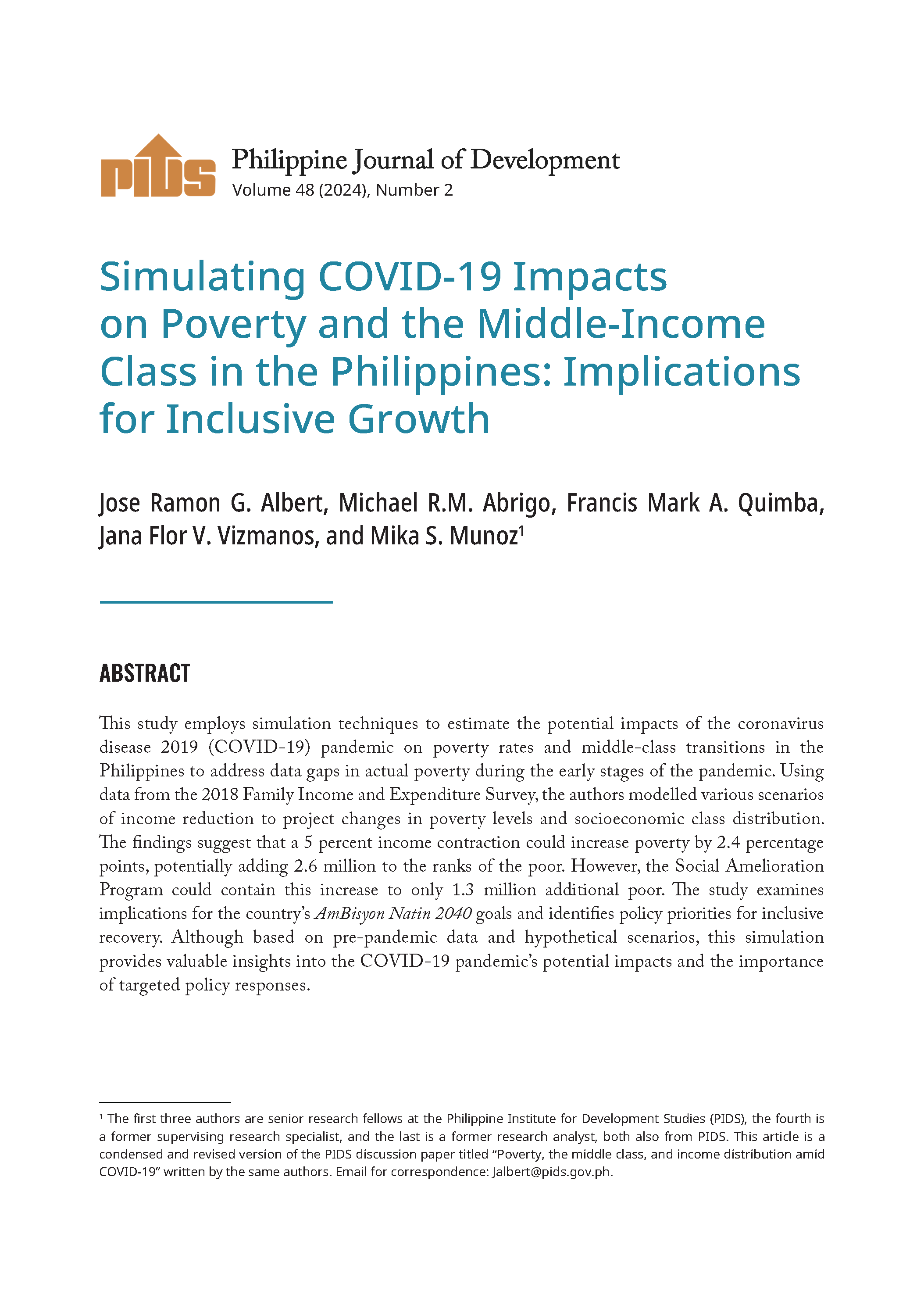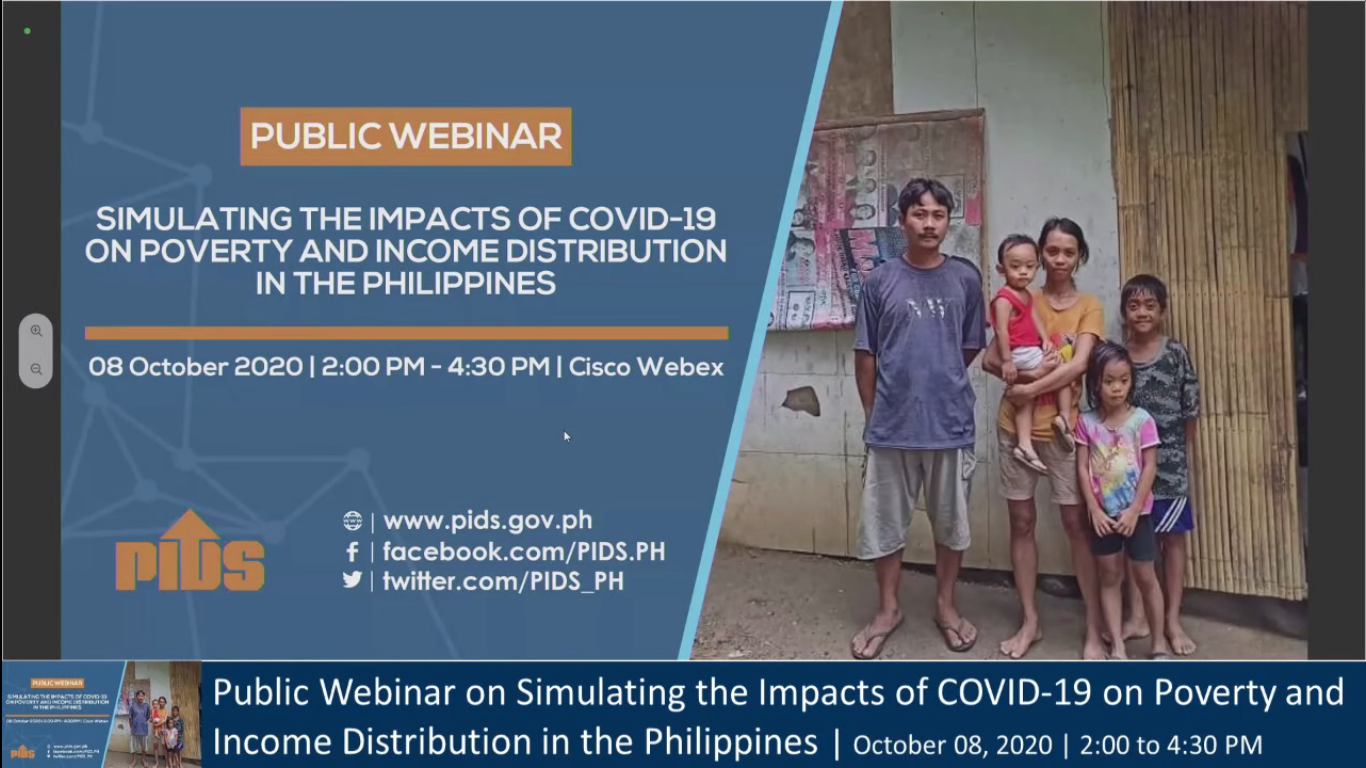MANILA, Philippines — Public investments in agriculture and infrastructure in rural areas are crucial in efforts to eradicate extreme poverty and hunger as well as creating jobs, Sen. Sonny Angara said yesterday.
Angara noted that a majority of poor and undernourished people live in rural areas, where small-scale farming forms the backbone of their local economy.
“The government needs to make a substantial investment in rural areas and in agriculture if it is serious about reducing poverty and hunger and promoting inclusive growth,” he said.
The senator was scheduled to attend yesterday the Farmers and Fisherfolk Congress, one of the activities lined up for this year’s Panaad sa Negros Festival in Bacolod City.
The agriculture sector is home to 60 percent of the nation’s poorest, according to Angara, citing latest data from the Philippine Statistics Authority (PSA) that showed that the poverty incidence among Filipinos was at 21 percent, or about 23.1 million people, based on the country’s population of 110 million as of the first semester of 2018.
He said the agriculture sector would require a much bigger budget to strengthen support services for farmers in the form of better irrigation system, post-harvest facilities and other farm subsidies that would enable them to produce enough food to feed the country’s growing population.
“The government must pour help and support into the agricultural sector not only to ensure food supply for our growing population, but to also allow our farmers to escape poverty,” Angara said.
During the past few years, the Department of Agriculture (DA) has been receiving a measly share of the national budget, getting only less than two percent of the total.
For 2017 and 2018, the DA’s budget was P45 billion and P53 billion, respectively. This year, the DA is getting P49 billion under the P3.7-trillion General Appropriations Bill that is awaiting President Duterte’s signature.
Angara said the agriculture sector still holds the potential to create jobs and build stronger rural communities.
“Agricultural and rural development can create jobs and livelihoods for small farmers and the landless while producing food and raw materials for the urban economy,” he said.
Based on the results of the January 2019 Labor Force Survey conducted by the PSA, the agriculture sector suffered 1.7 million job losses, which primarily contributed to the decline in the actual number of employed Filipinos in January this year compared with the number in the same period last year.
The survey showed that the total registered employment decreased by 0.9 percent to 41.1 million in January, or equivalent to 387,000 fewer workers, compared with the previous year.
The PSA said the agriculture sector currently employs 9.158 million individuals. The average daily wage of agriculture workers is P265, according to a study by the Philippine Institute for Development Studies.











